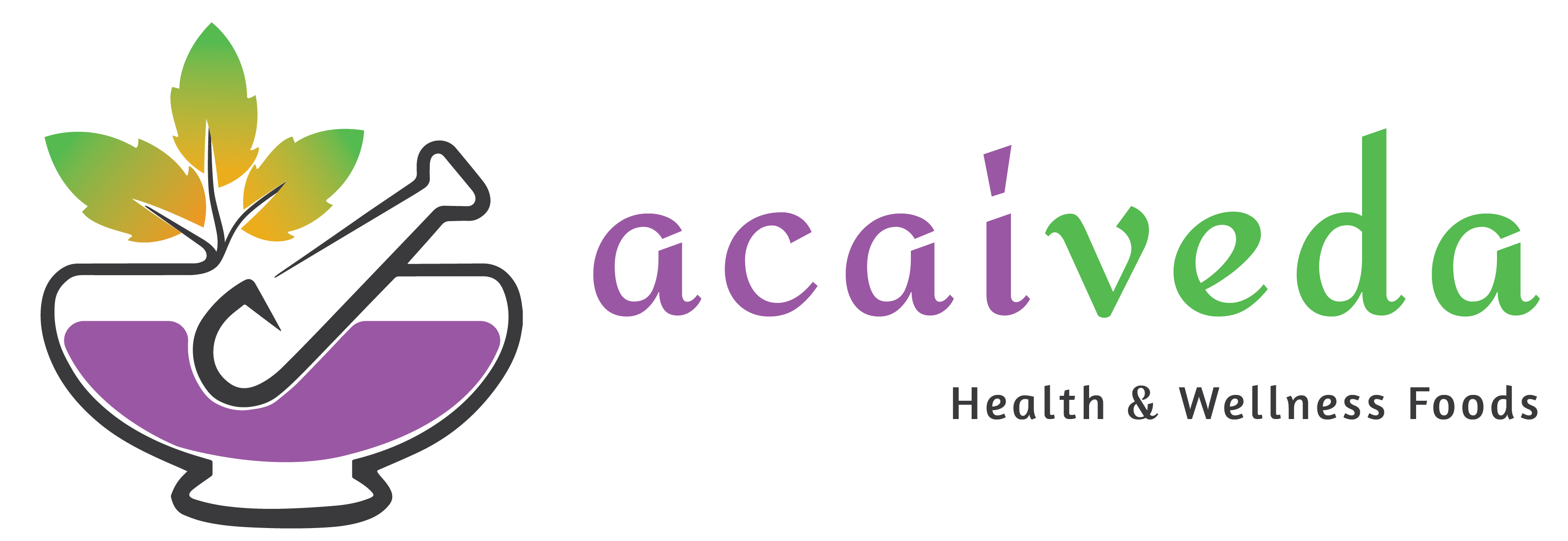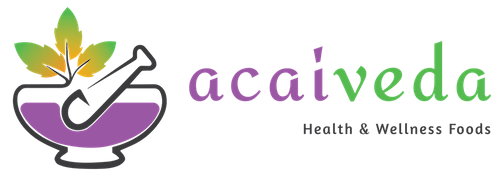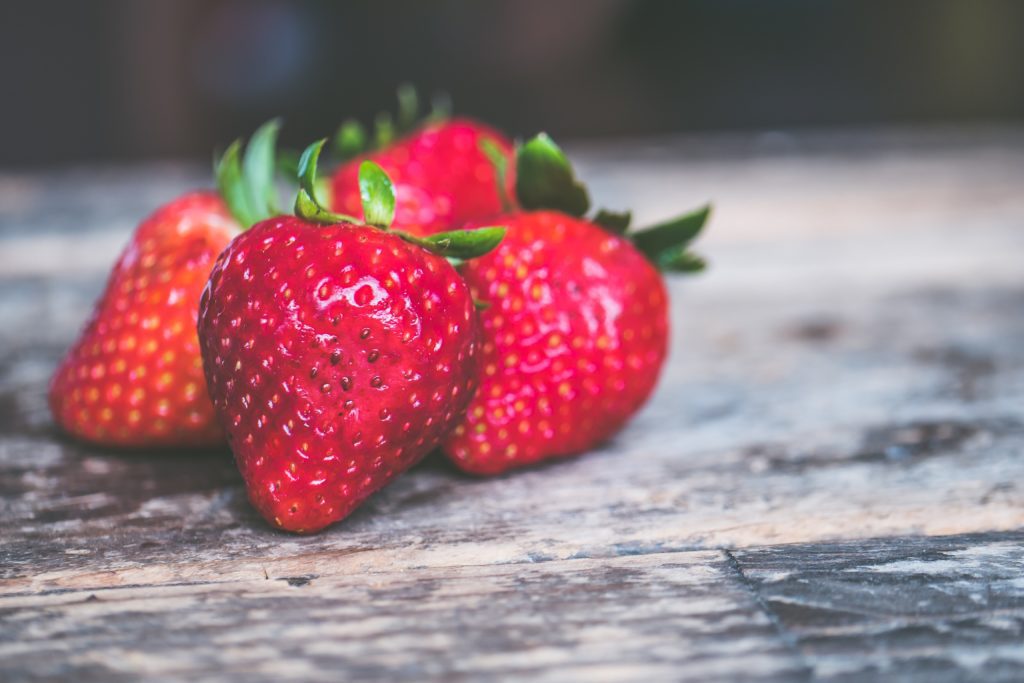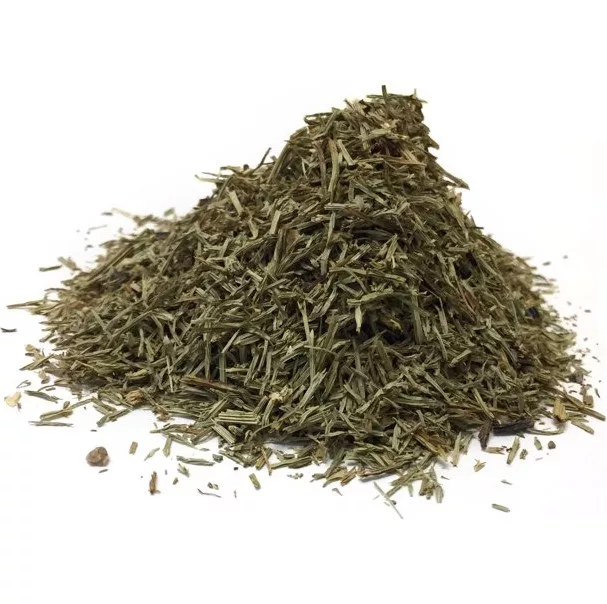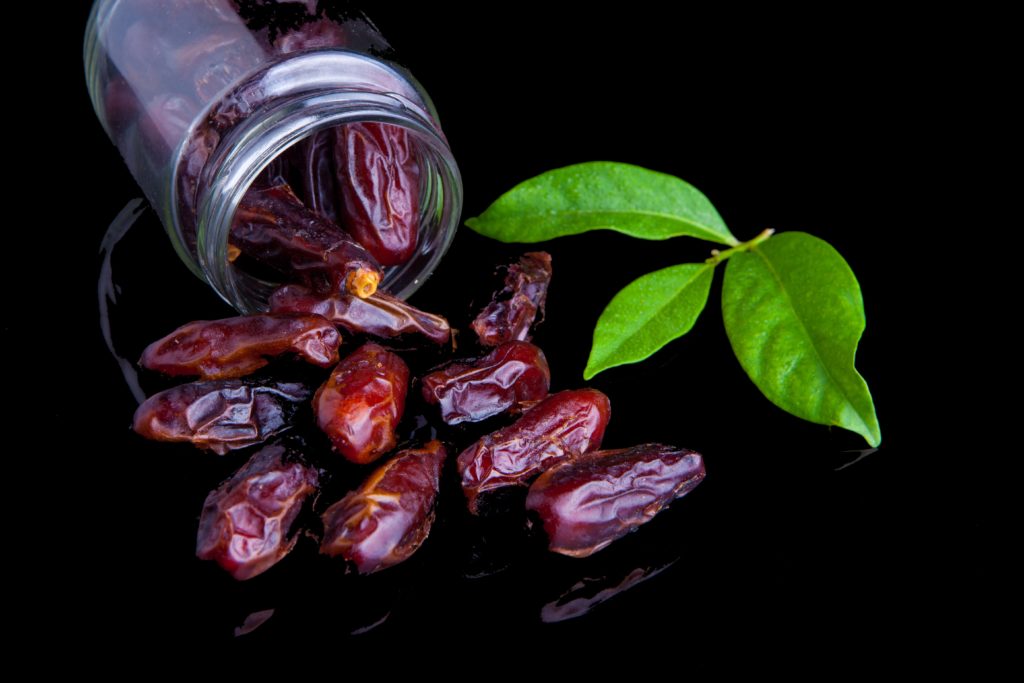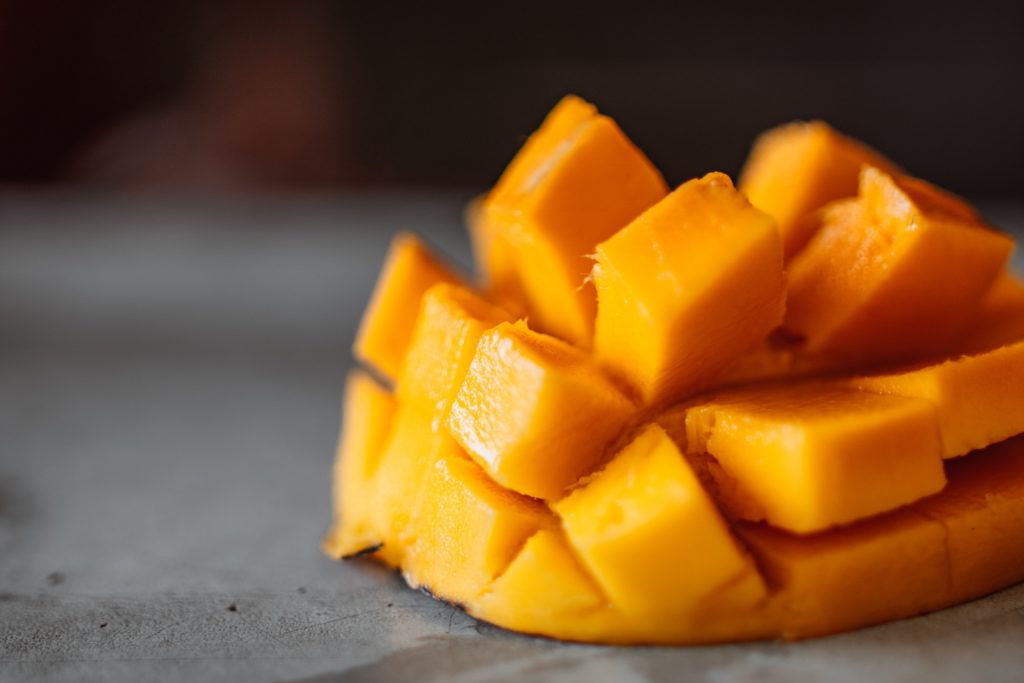
MANGO: THE ULTIMATE SUMMER INDULGENCE
WHAT IS THE HISTORY OF MANGO?
The mango is a tropical fruit that has a long history of cultivation and use. It is believed to have originated in Southeast Asia, specifically in the region of eastern India, Myanmar (Burma), and Bangladesh. It is one of the most widely cultivated fruits in the world and has been enjoyed for thousands of years.
Mango was introduced to other parts of Asia and the Middle East through trade and commerce and eventually made its way to Africa, the Caribbean, and South America. The fruit was then brought to the United States in the 19th century and has since become a popular ingredient in many dishes and drinks.
In India, the mango has been revered for thousands of years and is considered the “king of fruits”. Mangoes have been depicted in Indian art and literature for centuries and are an important part of Hindu religious celebrations. Today, mango is widely cultivated in many tropical and subtropical regions of the world and is a staple fruit in many countries.
WHAT NUTRIENTS ARE IN MANGO?
Mangoes are a rich source of several essential vitamins and minerals. Some of the key nutrients found in mangoes include:
- Vitamin C: A single mango can provide over 20% of the recommended daily value of vitamin C, which is an important antioxidant that helps to protect cells from damage.
- Vitamin A: Mangoes are also a good source of vitamin A, which is important for maintaining good vision, skin health, and immune function.
- Fiber: Mangoes are a good source of dietary fiber, which helps to promote digestive health and regulate blood sugar levels.
- Potassium: Mangoes are a good source of potassium, which is important for maintaining healthy blood pressure and heart function.
- Magnesium: Mangoes also contain magnesium, which is important for maintaining strong bones and muscles, as well as regulating nerve and muscle function.
- Antioxidants: Mangoes contain various antioxidants, including polyphenols and carotenoids, which help to protect the body from oxidative stress and prevent chronic diseases.
- Other nutrients: Mangoes also contain small amounts of other essential vitamins and minerals, including B vitamins, iron, and calcium.
WHAT IS THE DAILY VALUE OF NUTRITION IN MANGO?
Here’s the percent of daily value (DV) for some of the key nutrients found in mangoes:
- Vitamin C: 100% DV in a single medium-sized mango
- Vitamin A: 25% DV
- Folate: 14% DV
- Fiber: 14% DV
- Vitamin B6: 10% DV
- Copper: 10% DV
- Potassium: 9% DV
- Manganese: 7% DV
HOW CAN MANGO CHANGE YOUR LIFE?
Mangoes are considered a superfood due to their wide range of health benefits, some of which include:
- Boosts Immune System: The high levels of vitamin C in mangoes can help to strengthen the immune system and reduce the risk of infections.
- Promotes Healthy Skin: Vitamin A, an antioxidant found in mangoes, is important for maintaining healthy skin and preventing premature aging.
- Supports Digestive Health: Mangoes are a good source of fiber, which can help to regulate digestive function and prevent constipation.
- Regulates Blood Pressure: The potassium content in mangoes can help to regulate blood pressure and reduce the risk of heart disease.
- Supports Bone Health: The magnesium in mangoes can help to maintain strong bones and reduce the risk of osteoporosis.
- Antioxidant Properties: Mangoes are rich in antioxidants, which can help to protect the body from oxidative stress and prevent chronic diseases such as cancer and heart disease.
- Promotes Eye Health: Vitamin A, along with other antioxidants found in mangoes, can help to maintain good vision and prevent age-related eye diseases.
- Anti-inflammatory Properties: Some of the compounds found in mangoes have anti-inflammatory properties, which can help to reduce the risk of chronic diseases such as arthritis and asthma.
- Supports Brain Function: The B vitamins and other nutrients found in mangoes can help to support cognitive function and improve mood.
- Boosts Energy: Mangoes are a good source of natural sugars, which can help to provide a quick energy boost and improve athletic performance.
HOW DO I CONSUME MANGO?
There are many delicious ways to enjoy mangoes! Here are some popular methods:
- Raw: Simply peel and slice a ripe mango and enjoy it as a snack.
- In smoothies: Blend mango with other fruits, yogurt, and milk to make a nutritious smoothie.
- In salads: Add diced mango to a mixed greens salad for a sweet and tangy twist.
- In salsa: Mix diced mango with diced onion, tomato, cilantro, and lime juice for a tasty salsa to serve with chips or as a topping for fish or chicken.
- As a topping: Slice mango and use it as a topping for oatmeal, yogurt, or ice cream.
- In baking: Use mango puree or diced mango in baking recipes such as muffins, cakes, and breads.
- In drinks: Add mango puree to cocktails, lemonade, or iced tea for a tropical twist.
These are just a few ideas, and there are many other creative ways to enjoy mangoes in your diet!
HOW MUCH MANGO DO I CONSUME DAILY?
There’s no specific recommended daily amount of mango, as it’s a fruit and the ideal serving size will depend on your overall calorie needs, diet, and other factors. However, it’s generally recommended to aim for 1-2 cups of fruit per day as part of a balanced diet. A single serving of mango is typically considered to be about 1 cup of diced fruit or 1/2 a medium mango.
Note: We are a small business so we used a cheat code (ChatGPT, phew, technology has come far!) to help me write this blog post. I double-checked the information contained within this post to ensure accuracy.
